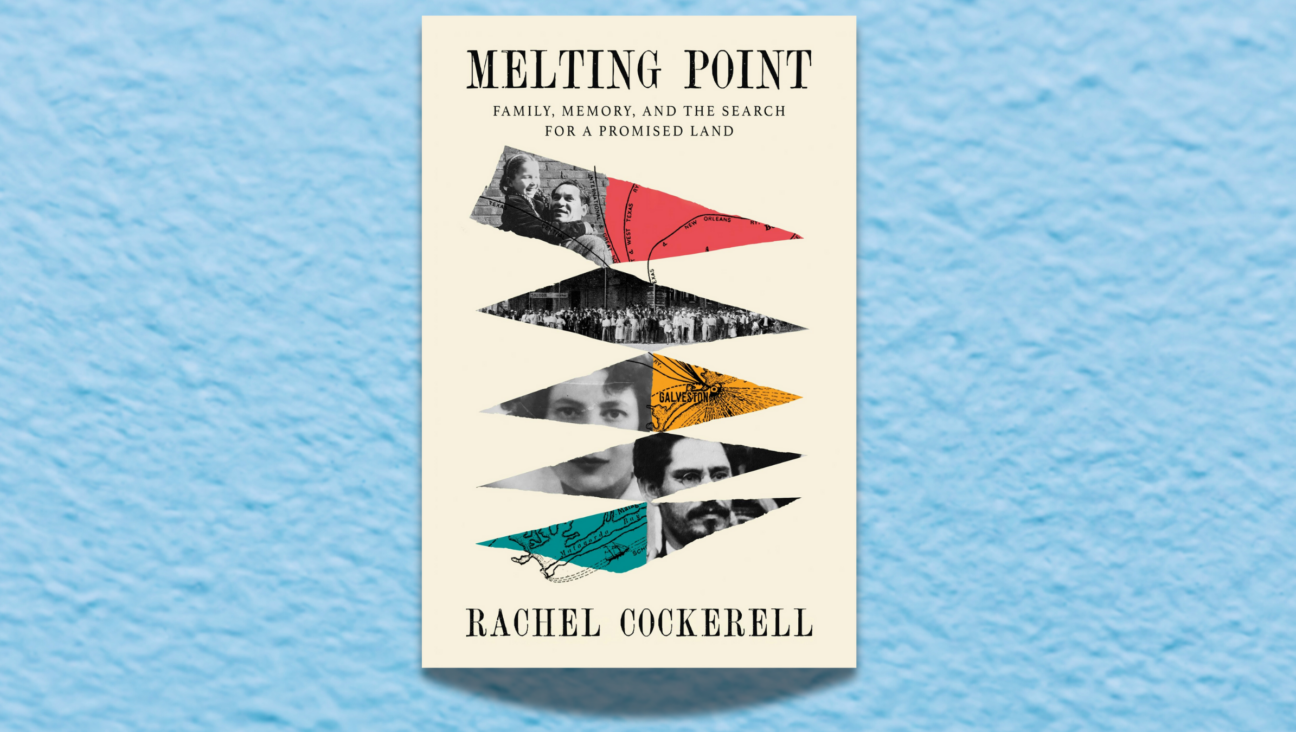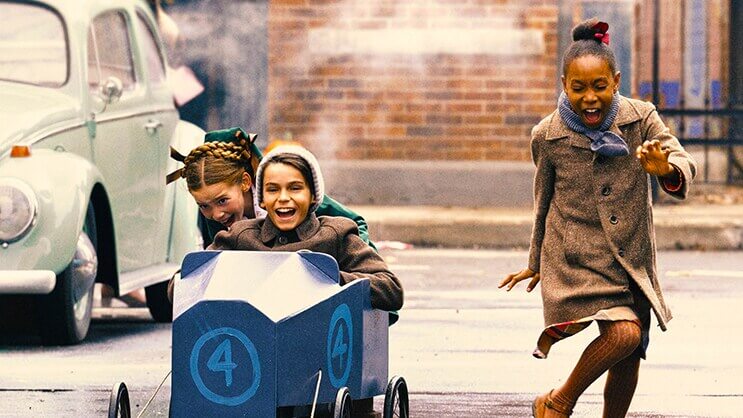The Appeal of Alternate History
Few subgenres of literature have been subjected to such longstanding critical scorn as alternate history. Despite the occasional publication of such masterpieces as Philip K. Dick’s 1962 novel, “The Man in the High Castle,” the more frequent appearance of duds like Newt Gingrich and William Forstchen’s much-maligned 1995 novel, “1945,” has reinforced alternate history’s reputation as the domain of armchair historians and literary hacks.
Of late, however, alternate history’s appeal has begun to grow. Historian Niall Ferguson’s 1997 edited volume of counterfactual essays, “Virtual History,” lent the genre new credibility within the field of history, while Philip Roth’s best-selling 2004 novel, “The Plot Against America,” greatly enhanced its reputation within the American literary establishment. Now, Michael Chabon’s provocative new novel, “The Yiddish Policemen’s Union” (HarperCollins), promises to help the genre of alternate history take yet another important step toward mainstream legitimacy. But while Chabon’s novel is an intricately plotted, wonderfully imaginative and ultimately successful work of literature, it is a weaker exercise in counterfactual speculation. Indeed, the novel resembles a “lite” version of alternate history that may leave connoisseurs of the real thing less than satisfied.
The best literary examples of alternate history — like Ward Moore’s 1953 novel, “Bring the Jubilee” (where the South wins the Civil War), or Robert Harris’s 1992 best-seller, “Fatherland” (where the Nazis win World War II) — combine a variety of elements: a clear point of divergence from the established historical record; clever and well-paced exposition of the reasons for history’s altered course; a convincing degree of plausibility, and a discernible stance on the question of whether the altered past is better or worse than the course of real history.
But whereas the most convincing works of alternate history tend to concentrate on a single point of divergence (the South wins the Civil War; JFK survives his assassination attempt), “The Yiddish Policemen’s Union” features several: The United States decides in 1940 to establish a territorial home for European Jewish refugees in Alaska; the Russians are defeated by the Nazis in World War II (though the Nazis ultimately lose to the Americans anyway); the Cold War never ensues, and the state of Israel is never created, as the Jews lose the 1948 War of Independence and are “driven into the sea.” Aficionados of alternate history will probably carp at the implausibility of the United States staying in the war for very long against a victorious Nazi Germany without the Soviet Union doing most of the heavy lifting on the eastern front. Others will view with skepticism the ideologically fanatical Nazis permitting millions of Jews to leave Europe, unmolested, for their Alaskan refuge.
But perhaps the most telling weakness about “The Yiddish Policemen’s Union” as a work of alternate history is the fact that arguably, its basic plot could have unfolded in nearly the same way as a conventional work of historical fiction. While Chabon’s basic allohistorical premise certainly lends the novel its distinctive mood, it is inessential to its basic plot — a noirish, detective-drama-cum-political-thriller whose fundamental contours (as most readers will deduce) have been inspired by today’s real historical headlines.
Few of these criticisms will bother Chabon’s many devoted fans (I remain an enthusiastic one). Most will be absorbed by the book’s engrossing narrative and won’t be bothered much by its diluted allohistorical dimensions. But devotees of alternate history will probably dissent. However much they may welcome the fact that some of America’s most celebrated writers are beginning to appreciate alternate history’s allure, they will likely insist that the genre still awaits its contemporary masterpiece.
Gavriel Rosenfeld is an associate professor of history at Fairfield University and is the author of “The World Hitler Never Made: Alternate History and the Memory of Nazism” (Cambridge University Press, 2005).
The Forward is free to read, but it isn’t free to produce

I hope you appreciated this article. Before you go, I’d like to ask you to please support the Forward.
Now more than ever, American Jews need independent news they can trust, with reporting driven by truth, not ideology. We serve you, not any ideological agenda.
At a time when other newsrooms are closing or cutting back, the Forward has removed its paywall and invested additional resources to report on the ground from Israel and around the U.S. on the impact of the war, rising antisemitism and polarized discourse.
This is a great time to support independent Jewish journalism you rely on. Make a Passover gift today!
— Rachel Fishman Feddersen, Publisher and CEO
Most Popular
- 1

News Student protesters being deported are not ‘martyrs and heroes,’ says former antisemitism envoy
- 2

Opinion My Jewish moms group ousted me because I work for J Street. Is this what communal life has come to?
- 3

News Who is Alan Garber, the Jewish Harvard president who stood up to Trump over antisemitism?
- 4

Fast Forward Suspected arsonist intended to beat Gov. Josh Shapiro with a sledgehammer, investigators say
In Case You Missed It
-

Books What is ‘Zionism without Zion?’ New history asks, but can’t answer
-

Fast Forward Shapiro recites Priestly Blessing given to him by fire chaplain after Passover arson
-

Opinion Israel just threw another wrench in the peace process — and possibly doomed the last hostages
-

Culture In the new Fantastic Four trailer, a glimpse of Yancy Street’s Yiddishkeit
-
Shop the Forward Store
100% of profits support our journalism
Republish This Story
Please read before republishing
We’re happy to make this story available to republish for free, unless it originated with JTA, Haaretz or another publication (as indicated on the article) and as long as you follow our guidelines.
You must comply with the following:
- Credit the Forward
- Retain our pixel
- Preserve our canonical link in Google search
- Add a noindex tag in Google search
See our full guidelines for more information, and this guide for detail about canonical URLs.
To republish, copy the HTML by clicking on the yellow button to the right; it includes our tracking pixel, all paragraph styles and hyperlinks, the author byline and credit to the Forward. It does not include images; to avoid copyright violations, you must add them manually, following our guidelines. Please email us at [email protected], subject line “republish,” with any questions or to let us know what stories you’re picking up.











